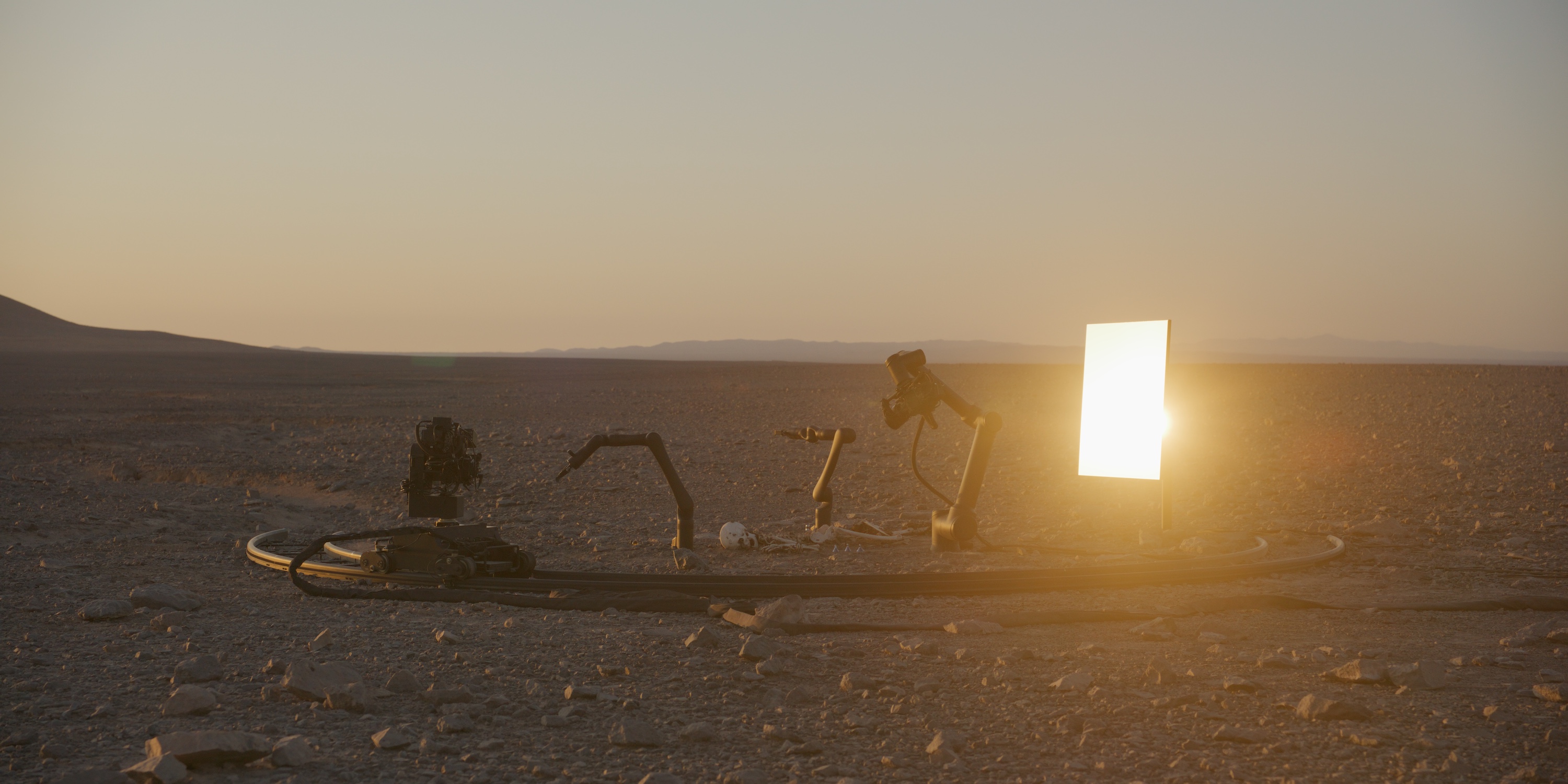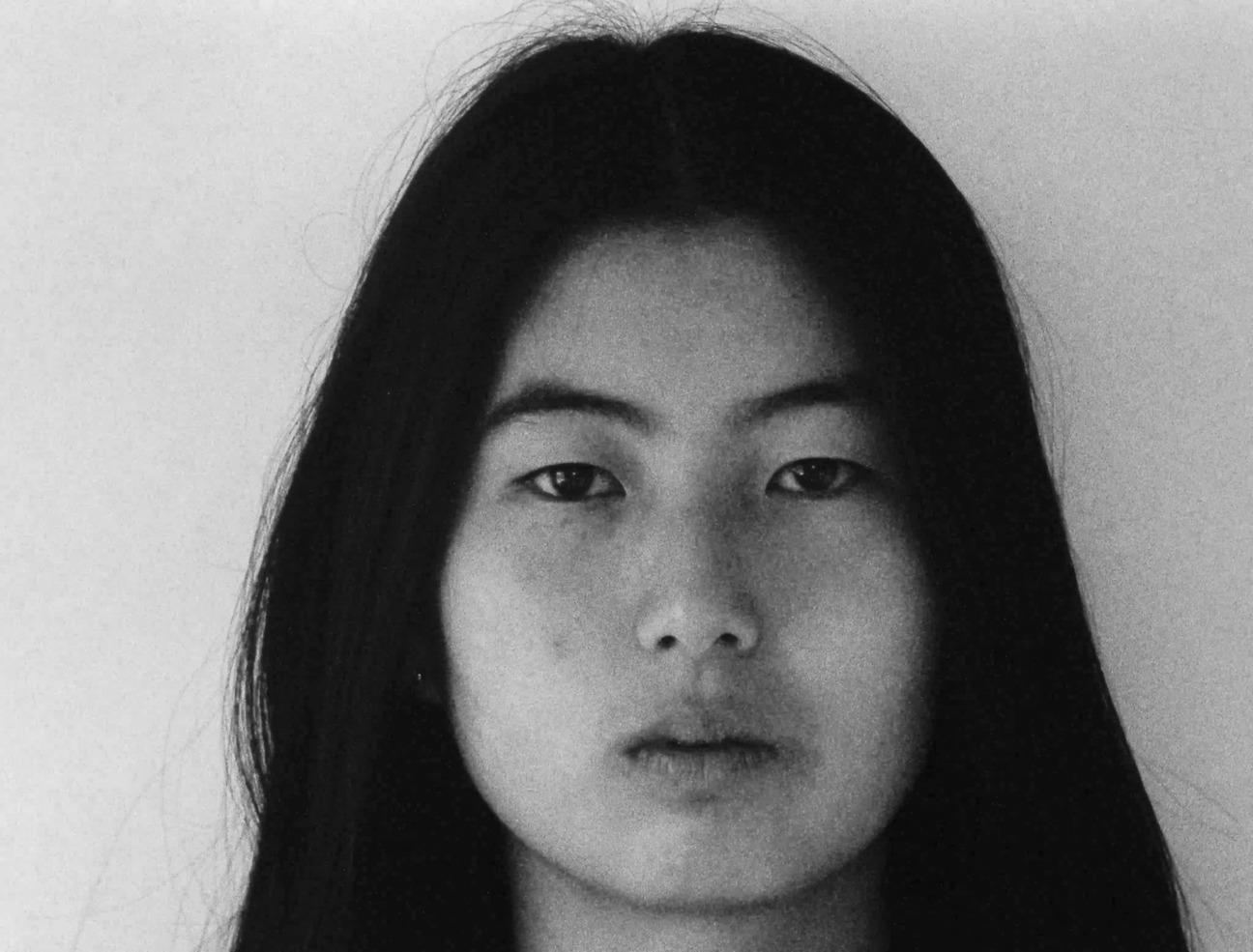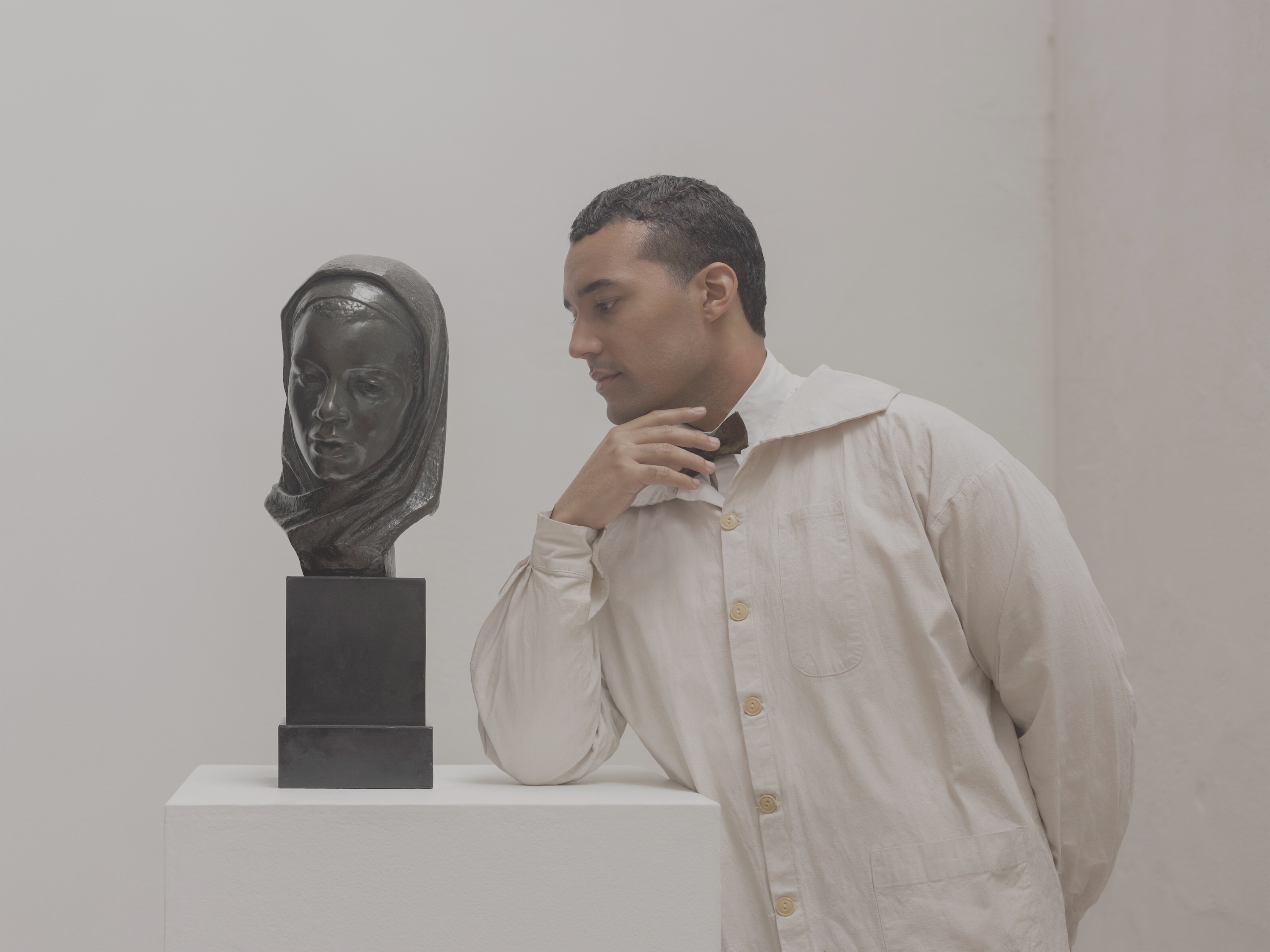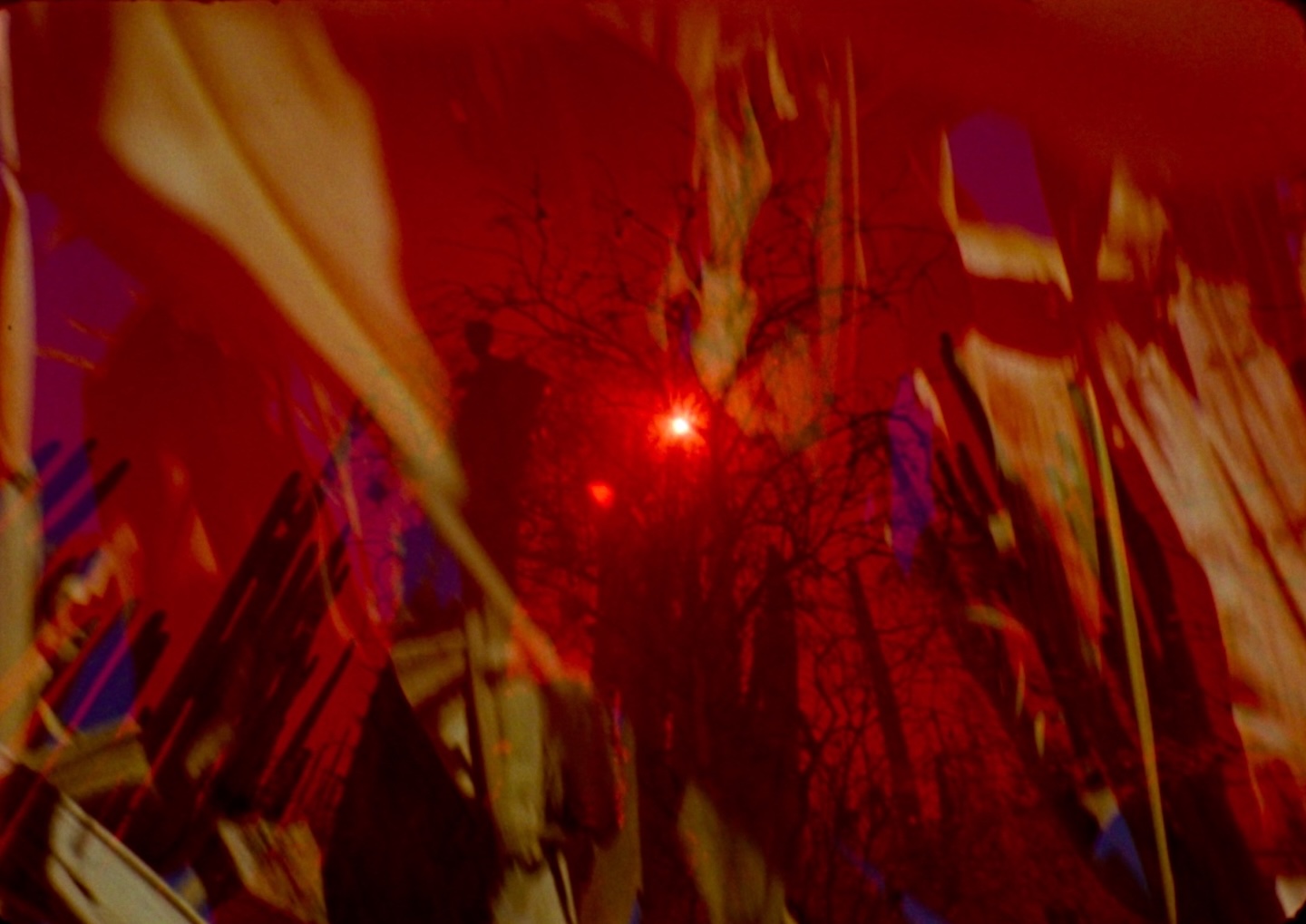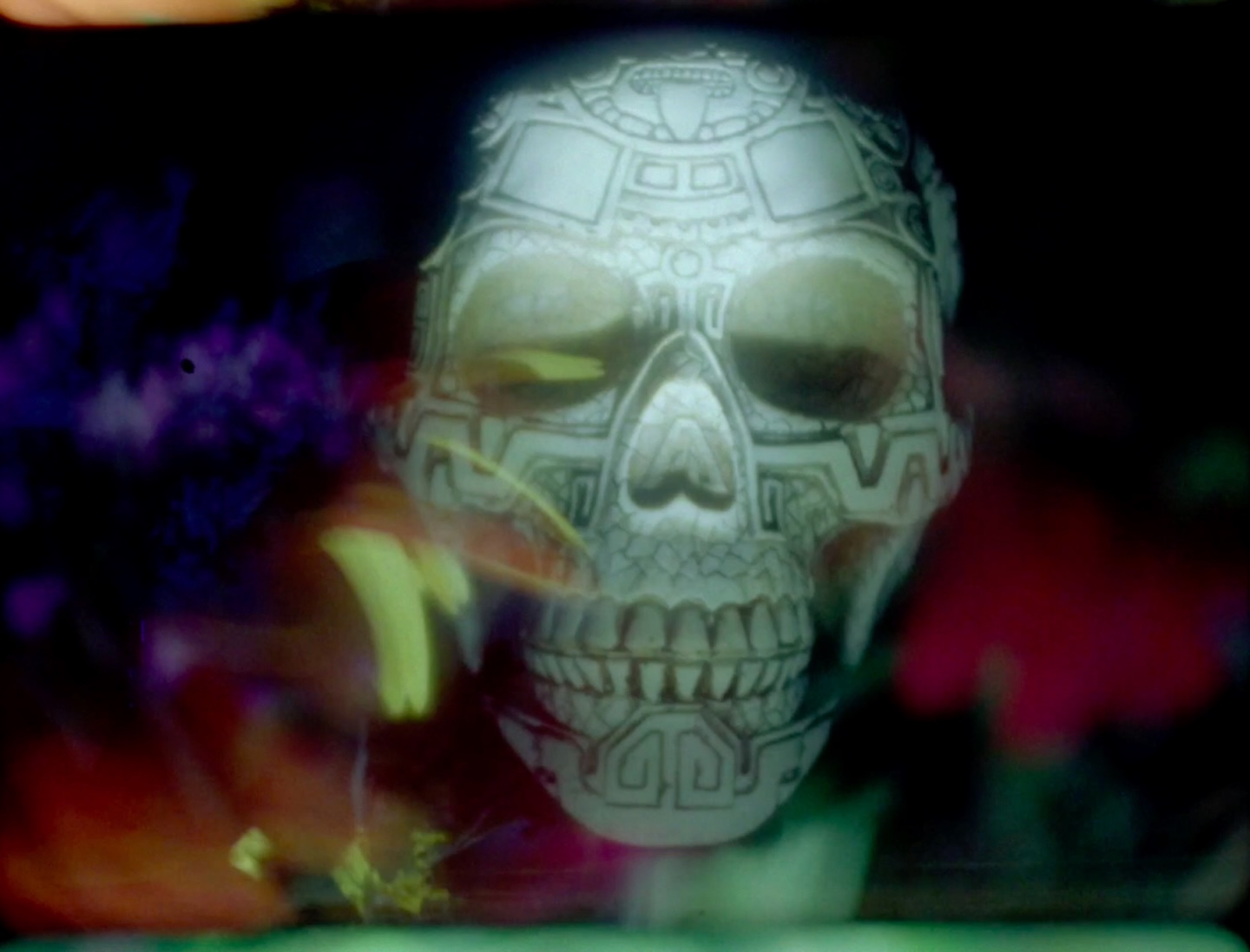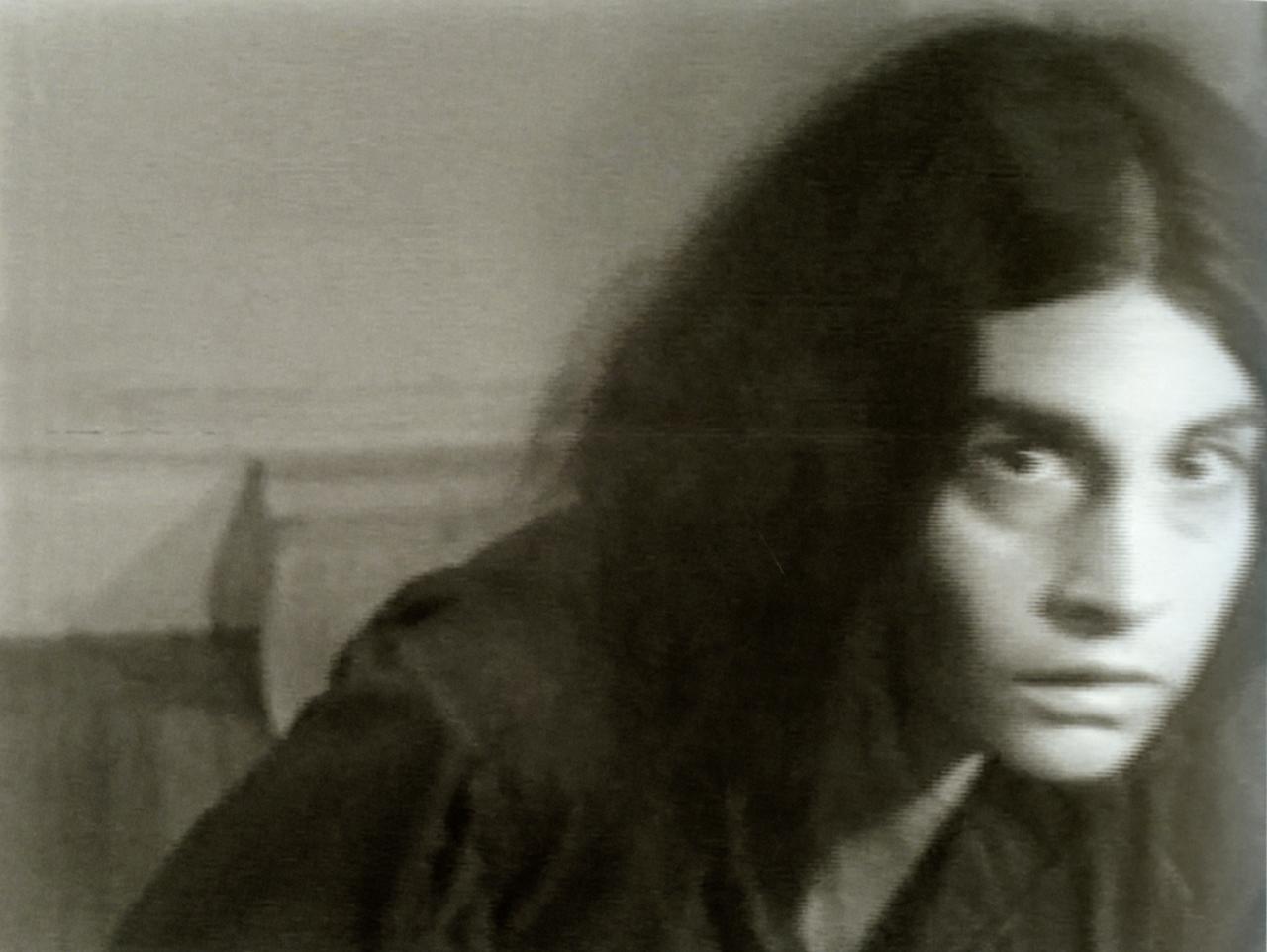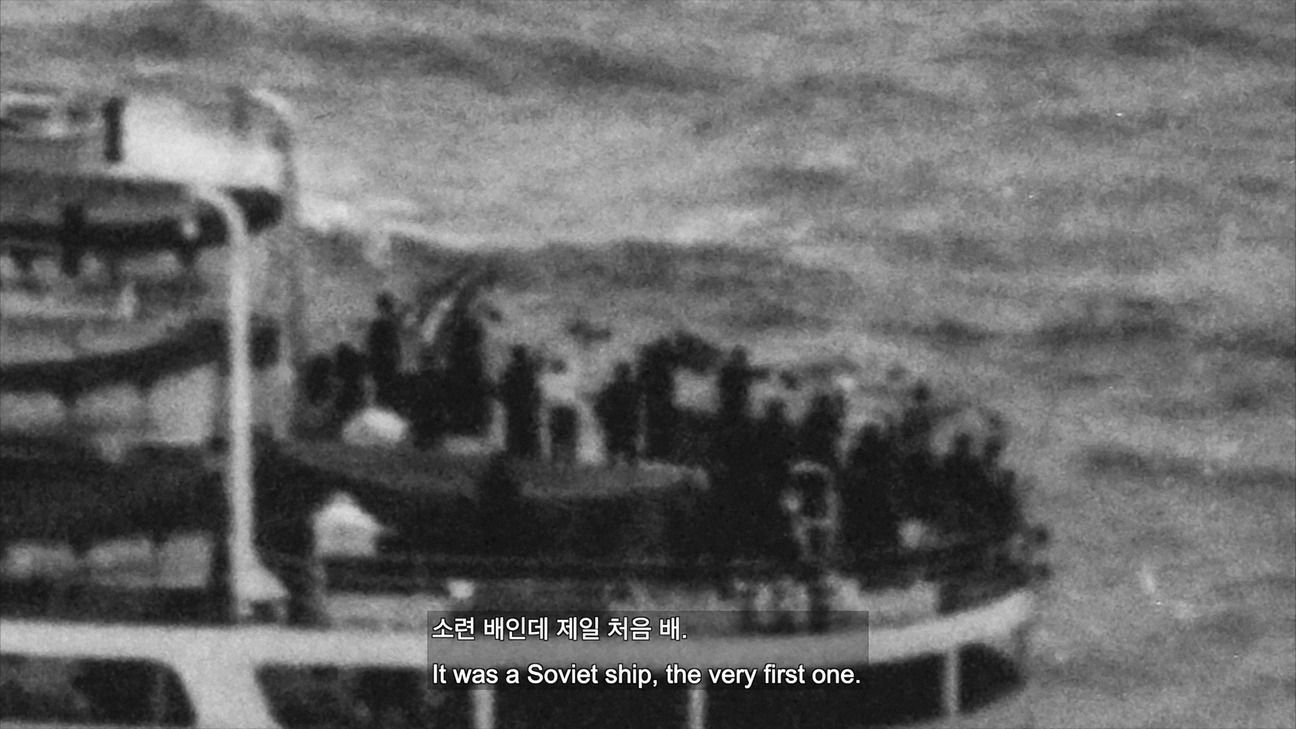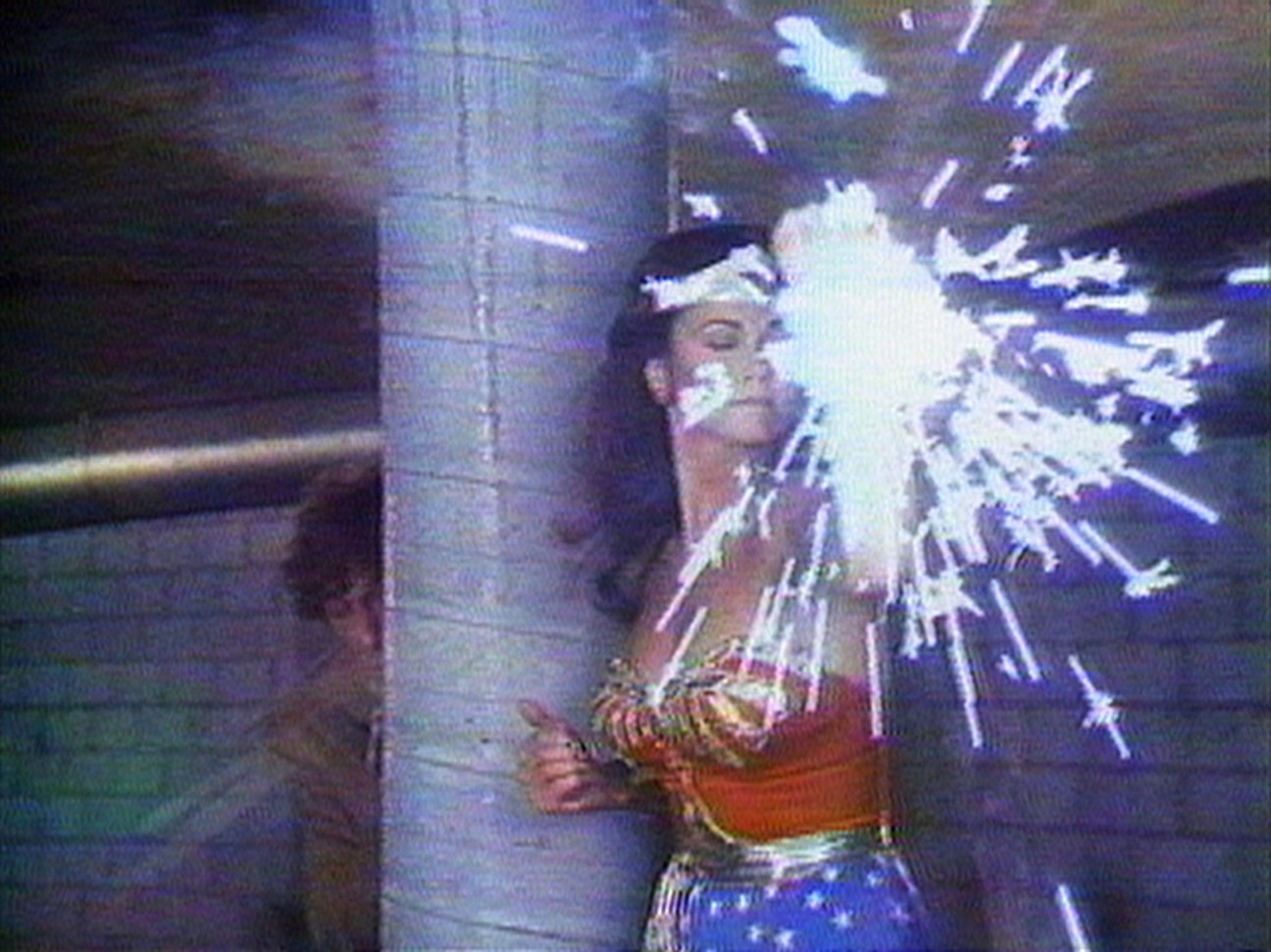Meta is a collaboration between art-agenda and TextWork, editorial platform of the Fondation Pernod Ricard, in which writers reflect on the experience of writing about art. Here, Christina Li considers the processes that shaped her monographic essay on Neïl Beloufa’s work, “Universes Undone.”
During a visit to Neïl Beloufa’s solo exhibition “L’Ennemi de mon ennemi” [The Enemy of My Enemy] at Palais de Tokyo in Paris in 2018, I was reminded of Philip K. Dick. In his 1978 essay “How to Build a Universe That Doesn’t Fall Apart Two Days Later,” the science-fiction author develops a metaphor of writing as a form of universe building—and undoing.
Walking through Beloufa’s expansive agglomeration of artworks and information, it became evident that a similar process was at play in the gallery. On a series of scenographic display units, each of which had moving parts, a selection of Beloufa’s film installations were displayed alongside artworks by other artists, such as Vann Nath, Pope. L, Gustave Courbet, and Hito Steyerl. Herculean in scale, yet meticulously constructed, the installation examined art as a form of autonomous critique in the contexts of politics, war, and capital. Its shifting clusters of objects and ideas were propped on structures whose movements were run by an algorithm. As they physically converged and diverged in new constellations, each intricate universe brought together a rich catalogue of references and exposed them to scrutiny.
One way to render tangible an imagined universe—through art, writing, or any other medium—is to assemble a set of fragments and then compose them into a system. Bit by bit, over the eight months that followed, my thoughts about Beloufa’s prismatic exhibition led me to other references. A César retrospective at Centre Pompidou, running concurrently to Beloufa’s show, led me to consider the industrial manufacturing processes and materials in the latter’s work; a handful of books picked up at museum gift stores helped to anchor the ensuing essay; and as I thought back to the 2017 exhibition “The Boat is Leaking. The Captain Lied” at the Prada Foundation in Venice, Alexander Kluge’s analytical fictions corresponded, in my mind, with Beloufa’s interest in mediation. I dove into Beloufa’s interviews and watched the videos that he sent to me over email. I sat on trains and read about dystopia, liquid modernity, and the politics of display and production in contemporary art.
As I weighed these impressions and thoughts, negotiation gave way to writing. I cycled through multiple planes and spaces: the mental infrastructure of themes in my mind, the TextEdit windows on my computer screen, the stack of books with Post-It notes marking important pages. In attempting to make sense of Beloufa’s at-times contrarian and incongruous intentions, these interview excerpts, artists’ writings, and theoretical texts became touchstones in my interpretation of his work—a universe parallel to those he creates in his shifting, complex, multivalent installations.

